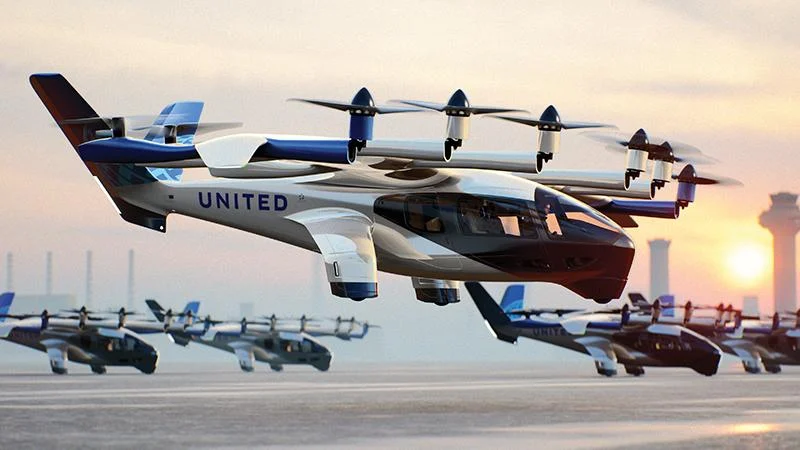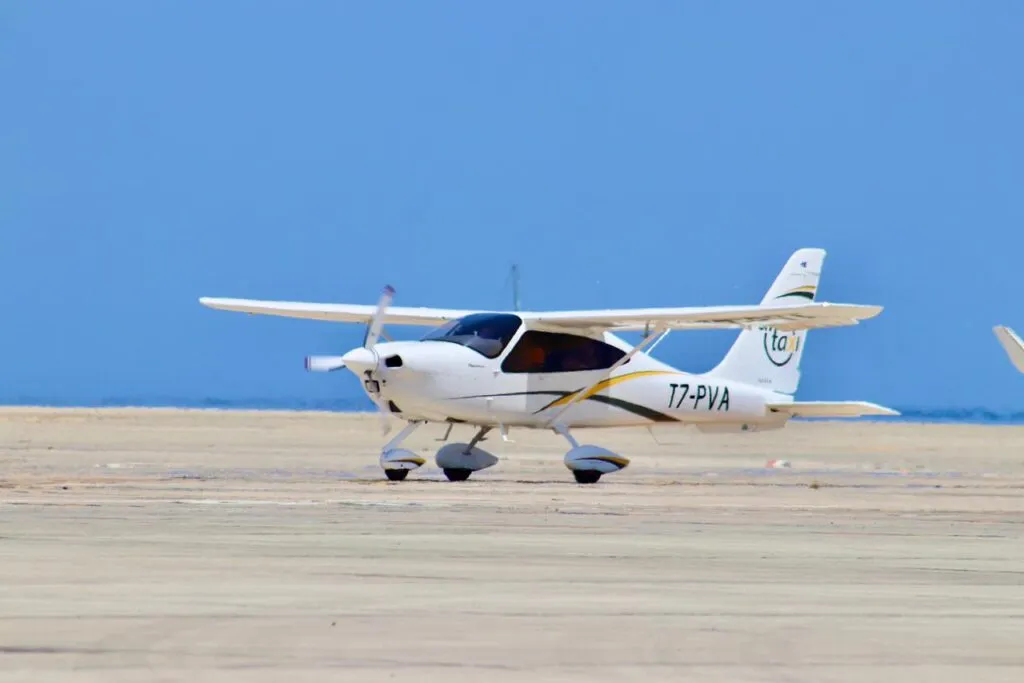
Wisk Selects Miami as Launch Market for U.S. Air Taxi Services
Wisk Aero, a pioneer in Advanced Air Mobility (AAM) and the developer behind the United States’ first all-electric, self-flying air taxi, has officially designated Miami as an early launch market for its U.S. operations. The announcement is backed by the signing of two significant Memoranda of Understanding (MOUs) — one with the Miami-Dade Aviation Department (MDAD) and another with the University of Miami’s Engineering Autonomy Mobility Initiative (MEAMI). These strategic partnerships lay the groundwork for bringing safe, autonomous air transportation to one of the most dynamic metropolitan regions in the country.
Strategic Partnerships Pave the Way for Urban Air Mobility in Miami
Wisk’s agreement with MDAD is focused on developing a robust framework to integrate autonomous AAM services within Miami-Dade County. The collaboration aims to explore the feasibility of deploying Wisk’s autonomous air taxi services at key aviation hubs operated by MDAD, including Miami International Airport (MIA), Miami Executive Airport (KTMB), and Opa-locka Executive Airport (OPF).
Through this MOU, Wisk and MDAD will work together to identify optimal vertiport locations at these airports. Vertiports — designated takeoff and landing zones for eVTOL (electric vertical takeoff and landing) aircraft — are a crucial component of urban air mobility infrastructure. Wisk will contribute its technical expertise to shape vertiport design requirements, operations protocols, and flight integration procedures specifically tailored for autonomous operations.
In parallel, MDAD will integrate autonomous AAM planning into its existing infrastructure and airport development strategies. This includes assessing the county’s electrical and energy grid needs, ensuring airspace compatibility, and establishing ground connectivity between AAM vertiports and the broader transportation network across Miami-Dade.
Academic Collaboration to Accelerate Innovation
Wisk’s second MOU, signed with the University of Miami’s MEAMI, establishes a formal collaboration to support research and innovation in AAM technologies. This agreement will allow Wisk and MEAMI to jointly explore key areas such as automation, safety, regulatory compliance, energy systems, and advanced sensor technologies.
The partnership is expected to serve as a catalyst for developing solutions that make autonomous air taxis a scalable and viable option for urban transportation. Both parties will work together on R&D projects, seek grant opportunities, and utilize university resources including research labs, faculty expertise, and testing environments.
Dr. Pratim Biswas, Dean of the College of Engineering at the University of Miami, emphasized the importance of this collaboration, stating:
“Through our collaboration with Wisk, we are advancing core technologies like advanced sensors and next-generation battery systems that are essential to making AAM safe and scalable. This partnership exemplifies how academic innovation and industry leadership can come together to make autonomous urban flight possible.”
Miami: A Natural Fit for Advanced Air Mobility
Miami’s selection as a primary U.S. market for Wisk’s operations is no coincidence. The region has demonstrated significant commitment to advancing next-generation transportation systems, particularly AAM. Miami-Dade County has proactively positioned itself as a leader in future mobility, supporting a range of public-private partnerships that explore the integration of emerging aviation technologies.
Mayor Daniella Levine Cava celebrated the announcement as a pivotal moment for the region:
“This collaboration with Wisk allows us to strategically plan for the future of air travel, enhance connectivity, and explore new economic opportunities for Miami-Dade County. MIA is the busiest airport in Florida and the second busiest in the country for international passengers, which makes it the perfect launch site for AAM.”
Wisk’s CEO, Sebastien Vigneron, echoed this sentiment, highlighting the company’s long-standing ties to the region:
“Miami has demonstrated long-standing support for AAM, making it a natural fit for future Wisk operations. These partnerships are helping us build the entire AAM ecosystem and unlock the full potential of autonomous operations at scale so we can bring safe, everyday flight to everyone.”
Building on Regional Momentum and Policy Engagement

Wisk has been actively involved in shaping AAM policies and frameworks in Florida and beyond. The company is an inaugural member of the Florida Department of Transportation’s (FDOT) Advanced Air Mobility Advisory Council. This group plays a critical role in advising on regulatory readiness, airspace integration, community engagement, and land use compatibility.
Wisk has been a key contributor to several FDOT-led documents, including:
- “AAM Land Use Compatibility and Site Approval Guidebook” – offering guidance on where and how vertiports can be effectively integrated within urban and suburban settings.
- “AAM Working Group Final Report” – outlining strategic recommendations for deploying AAM infrastructure in Florida.
- “AAM Implementation and Outreach Plan” – a roadmap for building public awareness, policy alignment, and industry partnerships for AAM integration.
These efforts demonstrate Wisk’s commitment to establishing a scalable, sustainable, and community-friendly model for air mobility services. The company’s choice to invest early in Miami reflects not only market demand but also the supportive regulatory and planning ecosystem that the region has cultivated.
Advancing the U.S. AAM Landscape
The announcement places Wisk among a small group of pioneering companies working to commercialize fully autonomous air taxi services in the United States. Unlike piloted eVTOL competitors, Wisk is pursuing a vision centered on pilotless operations, which has the potential to drastically lower costs, improve scalability, and reduce human error.
To achieve this vision, the company continues to develop its fifth-generation aircraft — a fully electric, four-passenger vehicle designed for short-hop flights in congested urban areas. The aircraft features autonomous flight capabilities with human oversight from ground-based operators, ensuring both safety and efficiency.
Wisk is targeting full certification and commercialization later this decade, with regulatory discussions already underway with the Federal Aviation Administration (FAA). The company views its early work in cities like Miami as instrumental to testing operational models, building public trust, and showcasing the feasibility of AAM systems.
What’s Next for Wisk in Miami?
In the months ahead, Wisk and its Miami partners are expected to initiate studies assessing infrastructure needs, energy demands, regulatory considerations, and community engagement strategies. Stakeholder coordination will be key, especially with municipal transportation planners, local aviation authorities, and emergency services.
Additionally, Wisk’s partnership with the University of Miami will likely yield new technological advancements that support its roadmap toward certification. Joint research into AI systems, real-time data processing, and environmental sustainability will be crucial for shaping a future in which AAM vehicles become a practical part of city life.

